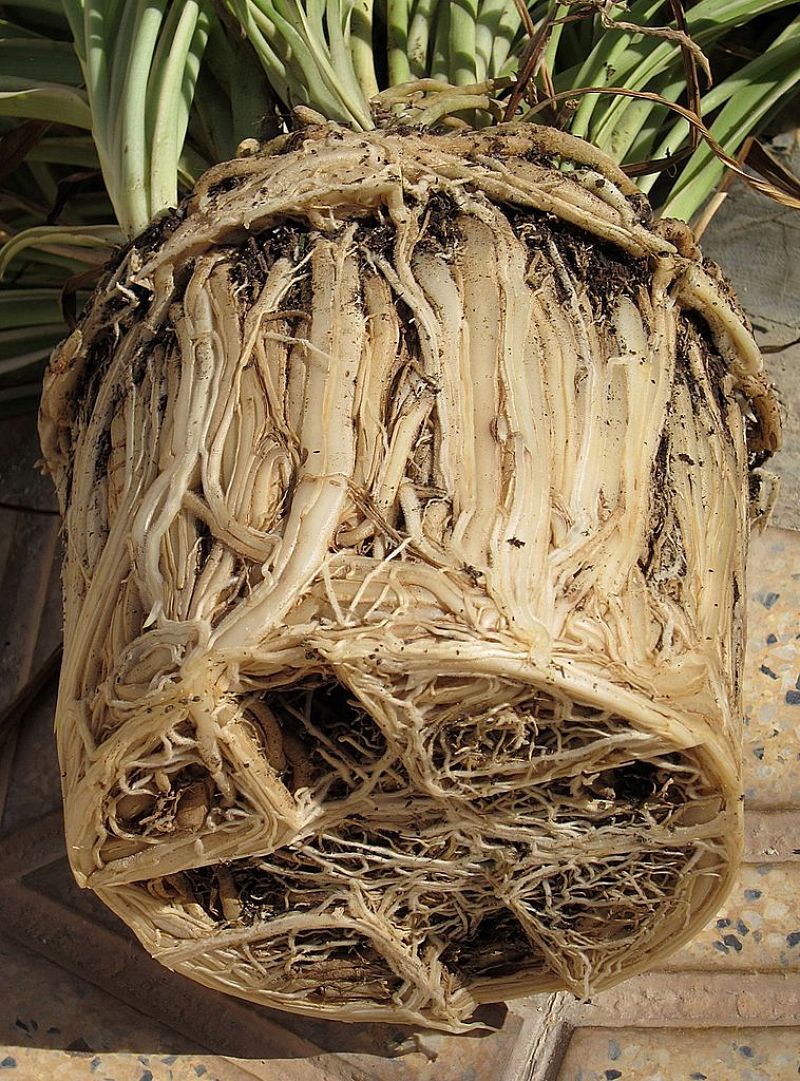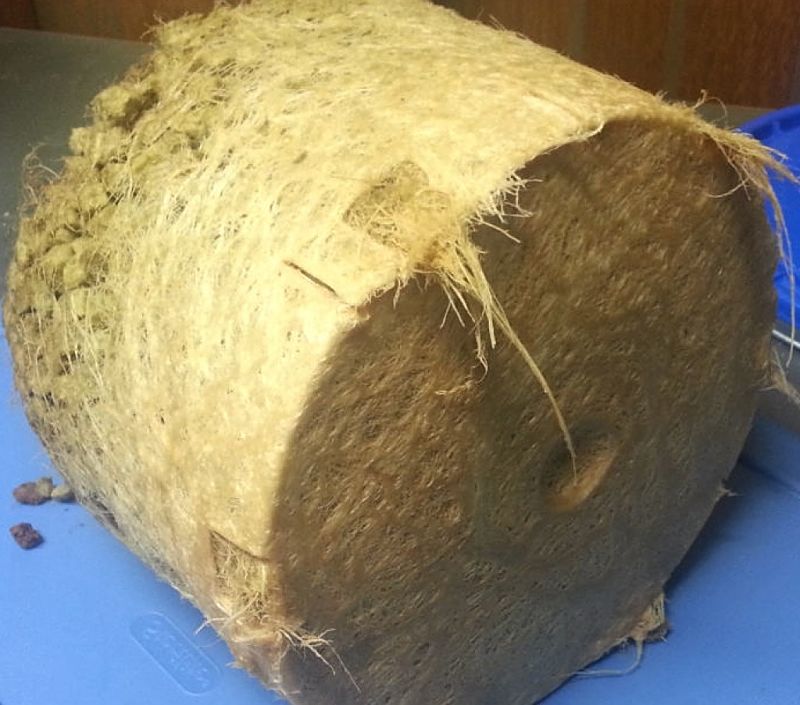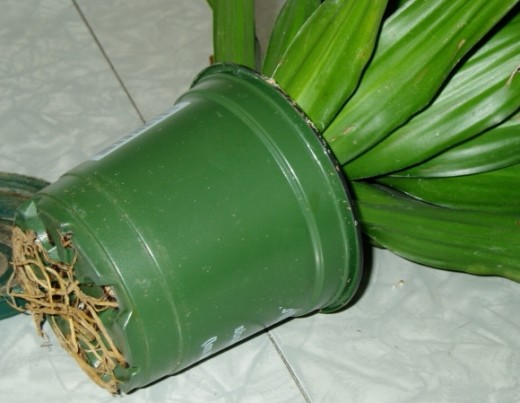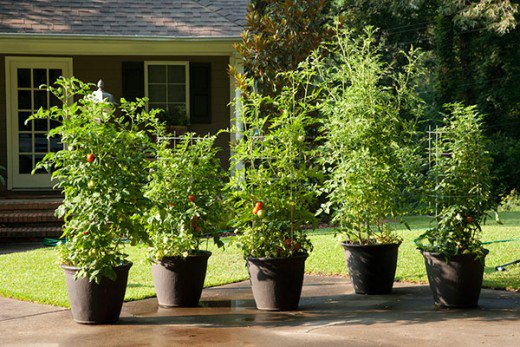Q&A How to Avoid Rootbound and Pot Bound Plants at Nurseries - Tips, Remedies
Plants are expensive. If you buy rootbound or pot bound plants at nurseries for transplanting in your garden or for adding to your indoor pot plant collection you can waste your money. This especially applies for fruit and nut trees, ornamental trees and larger shrubs. Such plants are effective 'bonsai' plants, which have shut down their normal growth pattern.
The growth ofroot bound plants has been switched off. The roots may be so twisted and gnarled in the pot that the plants will never develop an efficient root structure. The ball of twisted roots in the pot will inhibit the normal thickening of the roots as the plants grow. The roots will continue to grow in the same circular pattern as in the pot, not spreading out to take advantage of soil and water.
Quite frankly, rootbound plants are 'lemons' and are a complete waste your hard-earned cash and time taken to rectify the problems of root bound plants.
Learn how to recognize and avoid pot bound plants in the nurseries and plant outlets, nd what you can do to rectify the problems if you get stuck with these deformed plants.
How to Recognise Rootbound Pot Plants When Buying Plants
- Before you buy a plant, lift up the pot and look underneath. If your see any roots larger than the finest ones protruding out of the drainage holes the plant is rootbound or sometimes called potbound. Also squeeze the pot. If it is very hard the space in the pot is packed with large roots.
- When you remove the plant from the pot and you see roots circling the pot and creating a dense web of roots, the plant is root bound.
- Beware of large plants in small pots, which will be likely to be root bound. Many people choose large plants because they think they will be more established and will grow to full-size more quickly. This is a myth and smaller plants that have been regularly re-potted into larger pots as they grow is a better prospect. Most experienced gardeners know that plants remain healthy, resist disease, and keep growing strongly, when no checks to their growth occur. Such checks can switch the plant to a more dormant and less risky mode. These growth-checks can be due to drying out, lack of nutrients, disease or to thanks that inhibit root growth. The most common cause of checks in the growth of pot plants is the plant becoming root bound. In a sense, the plant may become starved of the soil, nutrients and water it needs, if most of the volume in the pot is occupied by a root ball. Rootbound plants in pots are handicapped plants that have shut-down their normal growth.
Overcoming the Problems of Pot Bound Plants
Depending on the plant, you can take drastic action to try to rectify the problem and help the plant to recover and grow normally in the future.
Firstly, prune the foliage back in a major way. The roots need to be pruned, teased-out and straightened to rectify the problem. Less roots means less foliage.
Secondly, the roots need to be pruned to get rid of the twists and to untangle the root ball. The goal is to encourage new growth in both the foliage and roots. Similarly, the plant roots need to be spread out so that the roots can grow normally in the future allow the plant to spread its roots so what I do with a rootbound plant is first try to peel the roots away from the ball they have formed. You may have to remove half or three quarters of the roots. Prune the root structure to encourage 2-4 many roots with plant of space between them. When planting, spread the roots out at an angle top encourage the roots to spread out in the soil.
Thirdly, buy some high quality potting mix with balanced fertiliser suitable for the plant. You need to encourage and help the plant develop new roots quickly. This potting mixture should be added to new pots. It should also be placed in the hole where the plant is planted in the garden, Don't just dig a hole in the garden and plant the tree or shrub. Dig an extra large hole and partially fill it with good quality potting mix into which the plant can be planted. This will encourage the plant to develop new roots quickly.
Fourthly, water the plants more frequently at first to compensate for pruning the roots. Apply slow release fertilisers when you see signs of new growth.
Sadly some of your 'bonsai' plants you bought previously, that were rootbound when planted in the garden or re-potted, may have to be dug up or replaced. Otherwise, the plants may never grow properly, and this will ruin your plans for the garden or indoor collection of potted plants.




